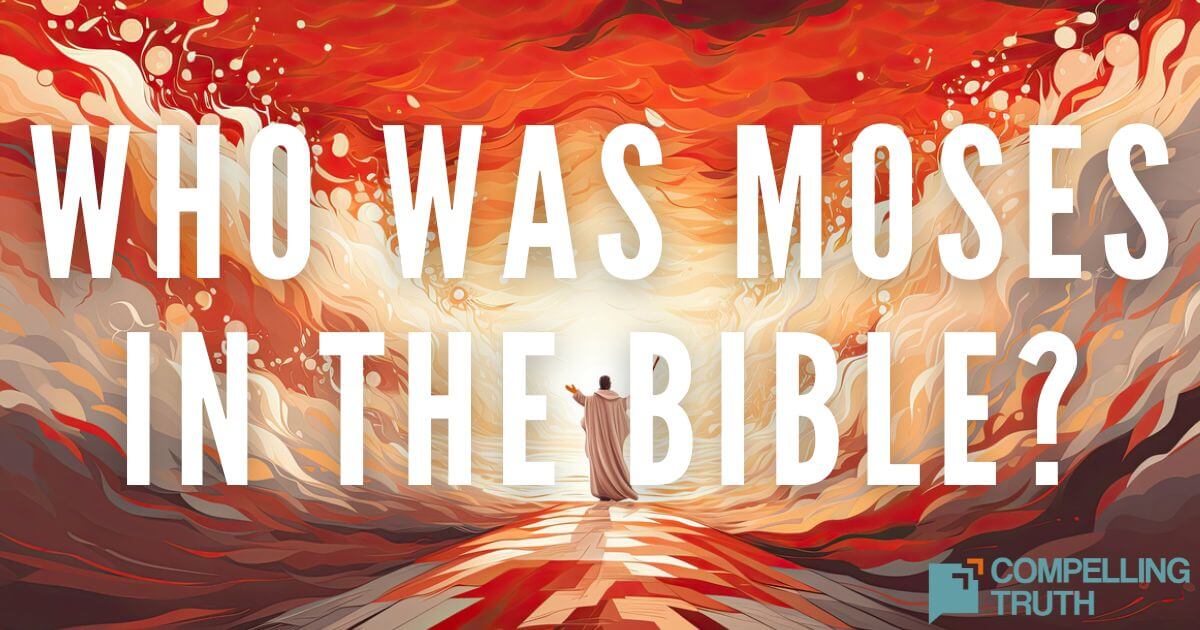what does the bible say?
Balaam was a renowned diviner hired by the Moabite king Balak to curse the Israelites. However, God instructed Balaam not to curse the Israelites, and even when Balaam tried, God only allowed him to bless them. During his journey to Moab, Balaam's donkey saw an angel blocking their path and spoke to Balaam, leading to Balaam's realization and obedience to God's command. Despite Balak's insistence, Balaam prophesied blessings for Israel and predicted the future defeat of Israel's enemies. Though Balaam did not curse Israel, he advised the Moabites to seduce the Israelites, causing them to sin and leading to a deadly plague, for which Balaam was ultimately killed in battle.




